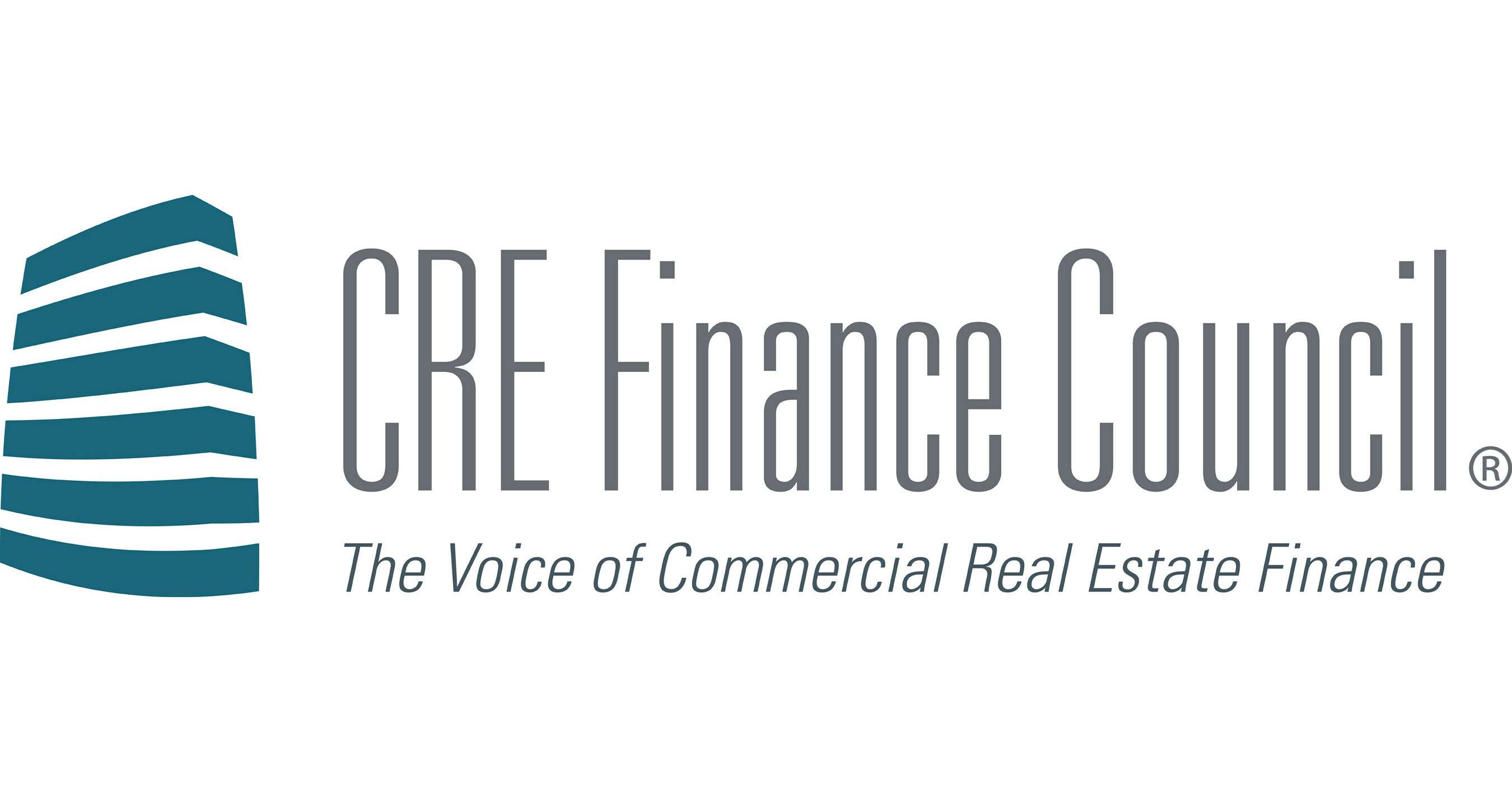I
n the ever-evolving real estate landscape, asset managers are at a critical juncture where data, finance, and strategy converge. As portfolios expand and market conditions become increasingly volatile, these professionals face a daunting challenge: harnessing vast amounts of complex data to drive investment returns and portfolio performance.
The monthly data collection process is a significant hurdle for many asset managers. It typically involves sending reminder emails to property managers, each with different Excel templates, followed by days spent tracking down missing submissions and sifting through a flood of emails with attachments in varying formats. This labor-intensive process consumes valuable time and introduces risks of errors, inconsistencies, and compliance issues.
The ripple effects of inefficient data management are far-reaching: delayed decision-making, increased risk, compliance concerns, scalability issues, limited insights, and stakeholder frustration. As portfolios grow, the time and resources required for data management grow proportionally, limiting an organization's ability to scale efficiently.
The industry is recognizing the need for a paradigm shift in how data is collected, processed, and utilized. The ideal solution would address standardization, automation, real-time insights, integration, advanced analytics, and enhanced security and compliance. Innovative solutions are emerging, including advanced data management platforms that promise to transform asset managers from data collectors into strategic decision-makers.
These technologies enable data-driven decisions with greater confidence and speed, allowing asset managers to rapidly respond to market changes and opportunities while scaling operations without proportional increases in administrative overhead. Investors and stakeholders will also benefit from greater transparency and accuracy of reporting. It's time for asset managers to adopt a new approach, one that prioritizes efficiency, accuracy, and scalability.
The benefits of change outweigh the complications, enabling confidence in data, reporting, and decision-making. Asset managers can experience the future today by accessing cutting-edge solutions, such as Cherre's Data Submission Portal Demo Library, or take a deeper dive into data strategy with informative series and on-demand learning tools like the Data Bootcamp.














